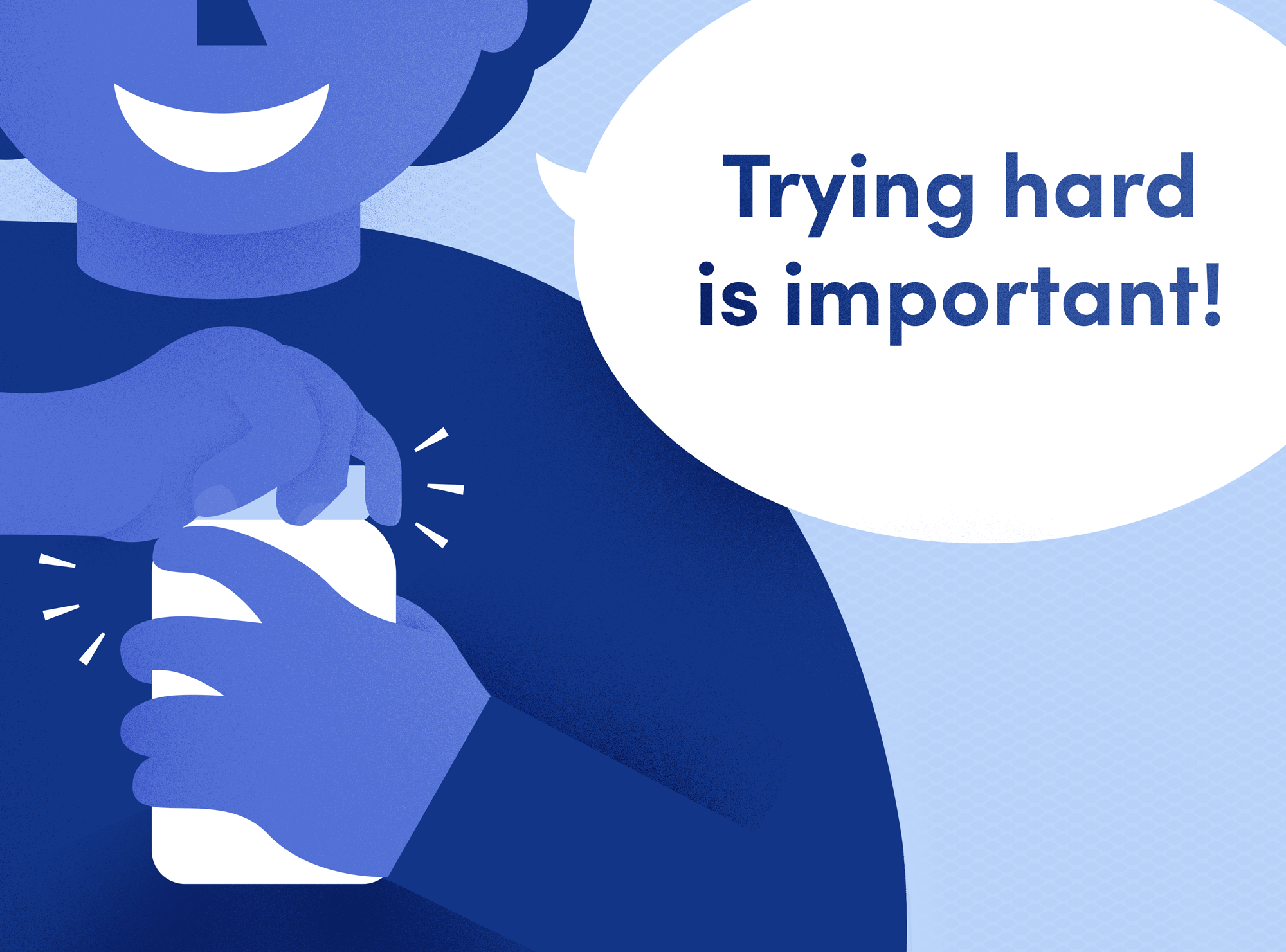Every parent and teacher is a role model.
I’m no exception, and this weighty responsibility got me wondering: does it really matter what we say to our kids — or is our only job to act on our values? For instance, do we really need to talk to our kids about the value of hard work if, on a daily basis, we model a solid work ethic?
Some argue that when it comes to helping young people develop character, modeling is all-important. Indeed, scientific research shows that young people learn a lot about how to act in new situations from watching the adults around them, and that tendency continues through adulthood.
On the other hand, educators I respect tell me that in addition to intentional role modeling, they talk explicitly about the importance of character. They write their students notes. Periodically, they deliver “little commercials” — one student’s fond term for her high school track coach’s mini-sermons about life and how to navigate it.
Recently, psychologists designed a clever experiment to test the impact of actions and words on what kids learn. In this study, preschool children watched an adult try to open a box to get at a toy hidden inside and were then handed a different (secretly impossible-to-open) box to figure out themselves.
Compared to watching an adult succeed effortlessly, watching an adult succeed after a mighty struggle led children to persist longer themselves. And this experience was even more powerful if the adult made explicit value statements: children kept at their task longest by far after seeing an adult model struggle and eventually triumph, all the while saying things like, “Trying hard is important!”.
What this research suggests is that we should not only practice what we preach, but also preach what we practice.
Don’t forget that you’re a role model for the young people in your lives. Whether you realize it or not, you’re setting an example for how to show up in the world.
Do match your words to your actions. If you’re dropping off bagels at the teacher appreciation breakfast, mention how important it is to show gratitude. If you’re actively trying to appreciate political perspectives that conflict with your own, talk about the value of intellectual humility. Actions may speak louder than words, but actions and words together send the clearest message of all.
With grit and gratitude,
Angela


